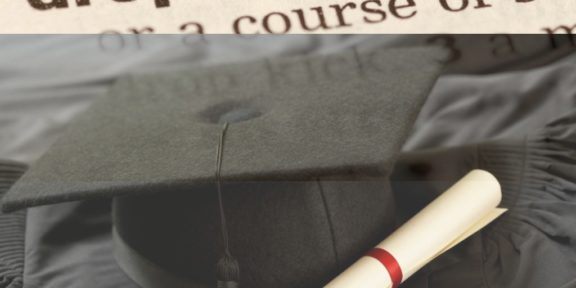Miami Beach police officers are secretly monitoring hip-hopartist who vacation and live in Southern Florida, reported NBC6.netearlier this week. Police admitted to conducting thesesurveillances and argue their objective is to protect artist frommusic and feud inspired violence.
But, is the South Miami police department practicing a form ofracial profiling by singling out African American hip-hop iconslike P. Diddy, DMX and Ja Rule? Many prominent critics andcelebrities feel they do and contest the police department’s”racist” and “unnecessary” actions.
Prince Markie D, a rapper who hosts a hip-hopradio show on 103.5 in South Florida, says the community does notoppose efforts to maintain peace in the city, so long as it doesnot lead to unlawful harassment, reported NBC6.com.
Police officers in Miami and Miami Beach havecollected 6-inch-thick records on rappers and their entourages, whohave arrest records in New York City, reported the Miami Herald onTuesday. These officers have staked out atMiamiInternationalAirport, hotels, video shoots and nightclubs tomonitor individuals who are a “threat” to the city.
According to NBC6.net, the American CivilLiberty Union said the surveillance raises serious concerns andlocal ACLU director, Howard Simon, referred to the Miami Policestrategy as racial profiling.
“It’s a very close line between gettinginformation to prevent a crime and presuming everyone involved inrap is a violent gangster, he said.”
Allegedly, police have been gatheringinformation on hip-hop artist since the Memorial Day 2001 weekend,when 250,000 hip- hop groupies and fans flocked to SouthBeach forparties, performances and an array of other events hosted byrappers and hip-hop magazines. More than 210 people were arrested,double the number detained on a typical weekend. According topolice, most of the arrest stemmed from disorderly conduct andintoxication.
Although the ACLU, celebrities, critics andmany experts equate this police departments monitoring policies,specifically targeted towards African American male hip-hop artist,with unfair profiling, Miami Beach police feel they are simplydoing their job.
“We’re one of the most hip-hop savvy policedepartments in the country, and that’s attributable to us takingthe initiative to go out there and learning the most we could aboutthe industry,” said Miami Beach Police Detective BobbyHernandez.



